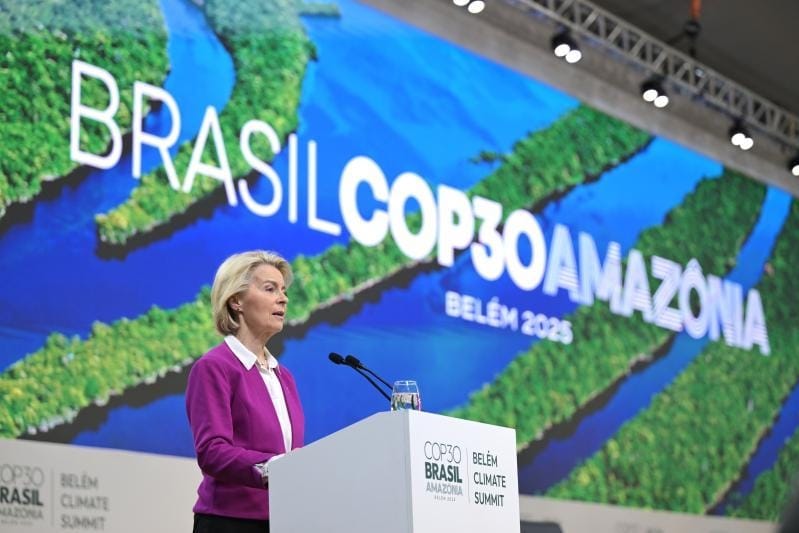Climate change and health take centre stage at COP30 in Brazil
For the first time a COP climate change meeting will add a day dedicated to the health impact of climate change

At COP30 in Belém, Brazil, world leaders, health experts, and UN agencies are putting the spotlight on the interconnection between climate change and human health with the launch of the Belém Health Action Plan.
WHO Director-General, Dr Tedros Adhanom Ghebreyesus, said that for too long health had been a footnote in climate change negotiations.
The central message is that the climate crisis is fundamentally a health crisis. The same drivers of global warming - burning fossil fuels, deforestation, pollution - are also responsible for worsening air quality, the spread of infectious diseases, heat-related illnesses, and disruptions to health systems.

Launching the Belém Health Action Plan
One of the major milestones at COP30 will be the release of the Belém Health Action Plan, the plan calls on countries to scale up ambition. The plan emphasizes the need for mitigation and adaptation measures, a just transition, and stronger health-system resilience.
Brazil’s plan centers on three pillars: strengthening surveillance to track and respond to climate-related health threats; advancing evidence-based policies through collaboration among governments, researchers, and civil society; and investing in innovation to develop technologies and solutions tailored to the country’s most vulnerable populations.

